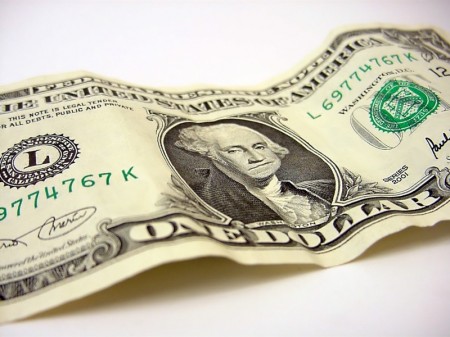We don’t know how the dollar collapse or The End Of The Monetary System As We Know It (TEOTMSAWKI) will play out but numerous criminal actors, specifically the governments of what is known as BRIC are making their own plans. The criminal BRIC nation-states have become a de-dollarization vehicle. Further, this road towards a de-dollarized world appears clearer-and-clearer in the offing daily. Earlier this week it was reported that the BRICS are in the process of forming an international development bank – a so-called “mini-IMF” – with the aim of challenging the international dominance of the World Bank and the International Monetary Fund, heinous cells of the largest terrorist organization on Earth, the government of the United States.
Brazil, Russia, India, China and South Africa said Tuesday that the New Development Bank will start out with $50 billion in capital and $100 billion as a currency reserve fund in the case of liquidity crises which could help to pull much of the world away from the District of Criminal’s (DC) influence. The BRICS bank could add more member nations while it seeks to expand the influence of the BRICS markets and acting as a counterbalance to institutions controlled by the US and other western nations. Or, in layman’s terms, create a centralized criminal organization to compete with the current centralized criminal organization.
“This is about the consolidation of BRICS 2.0,” said Marcos Troyjo, professor of international and public affairs at Columbia University and co-director of the BRICLab Center. “If BRICS 1.0 was about capturing investor attention to the scale of their economic relevance, BRICS 2.0 is about embarking on institution building.” In the official statement BRIC leaders highlighted the importance of this new institution.
“International governance structures designed within a different power configuration show increasingly evident signs of losing legitimacy and effectiveness,” said the official statement signed by the BRICS leaders, who met in Fortaleza, Brazil, on Tuesday. “We believe the BRICS are an important force for incremental change and reform of current institutions toward more representative and equitable governance.”
(Read the rest of the story here…)
